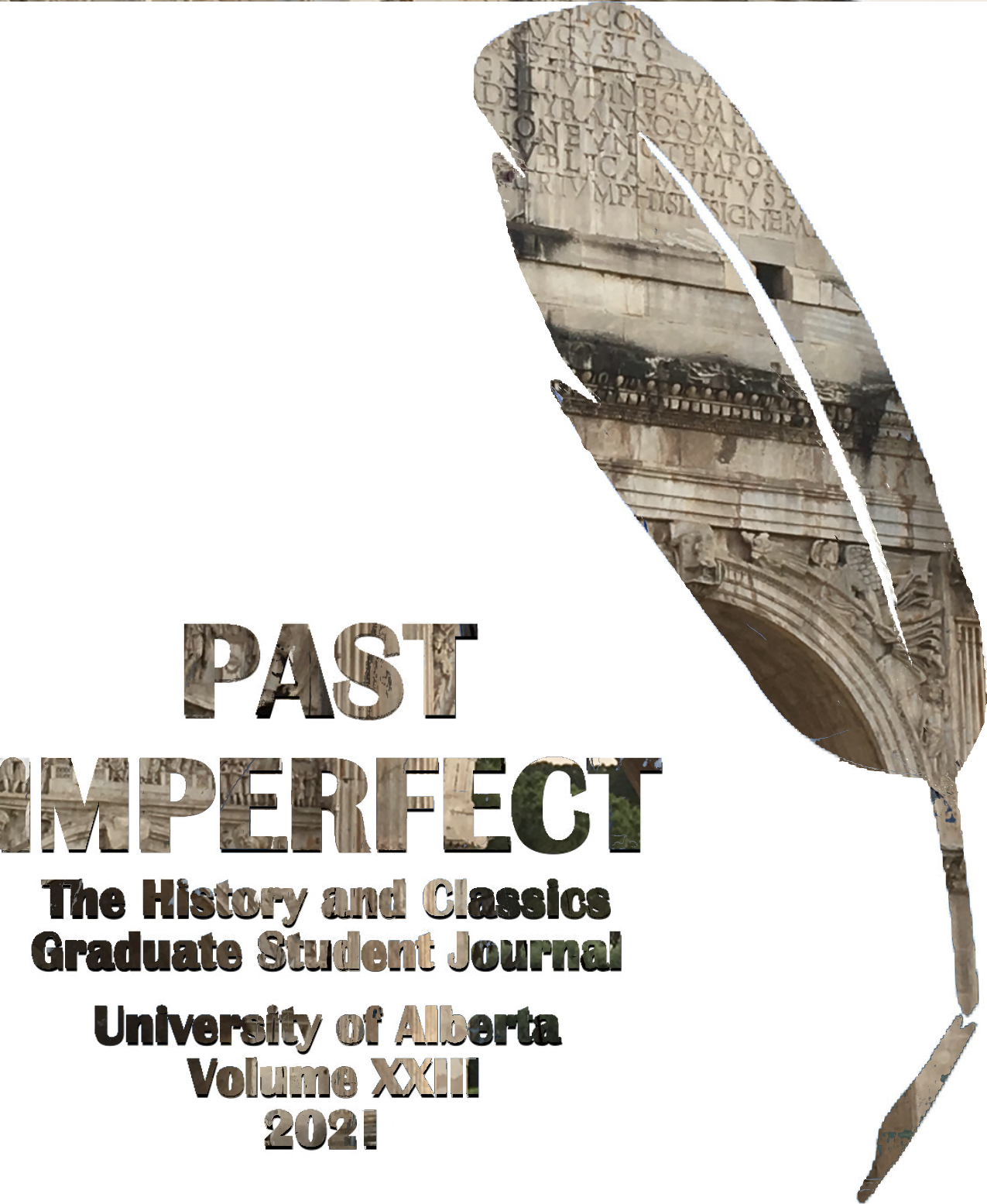Love and Death in Latin Elegy
DOI:
https://doi.org/10.21971/pi29377Abstract
Love and death is a common and shared human experience that many poets of the ancient world explored in their various poetic works. The elegists of Rome famously wrote love poems in which each pined for a specific mistress or lover, and in some of these poems, love and death were simultaneously prominent themes.
In this article I examine the relationship between the concepts of love and death in Propertius 4.7, Tibullus 1.3 and Ovid’s Amores 3.9. From this study it is evident that each poet, through means of their own style, depicted the ideal that love had the ability to overcome death. To support my analysis of these texts and the issues surrounding them, I refer to Papanghelis, Hinds and Maltby. While these authors consider many aspects of Proptertius’, Tibullus’ and Ovid’s works, the relationship and connection present between love and death has not been significantly considered. In order to establish each poet’s personal style I begin with a brief overview of elegiac poetry; then, an examination of each poem’s tone, word usage and thematic distinctions. I will begin the discussion with Propertius’ poems; Tibullus’ and Ovid’s poems will then be considered, first separately, and then as a pair. The concepts of love, death and those affected by the death in the poem will be analyzed. In addition, I will consider how love and death interact with each other in the poems. To further supplement the discussion, I will analyze how these three poets’ write in the same genre and about the same topics, but in different contexts and styles. This analysis leads to an understanding that each poet expressed their unique style in their poems, while maintaining a similar theme and genre, that love has the ability to overcome the unavoidable and inevitable force of death.



